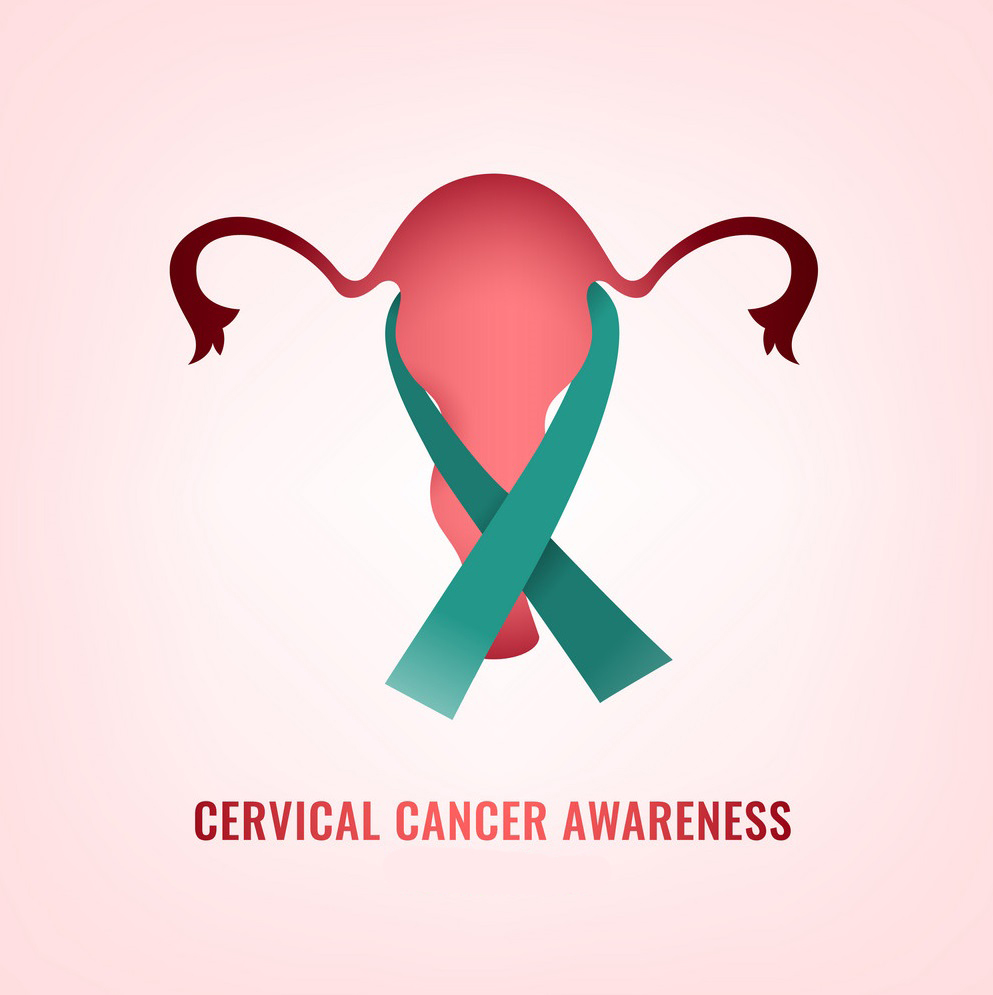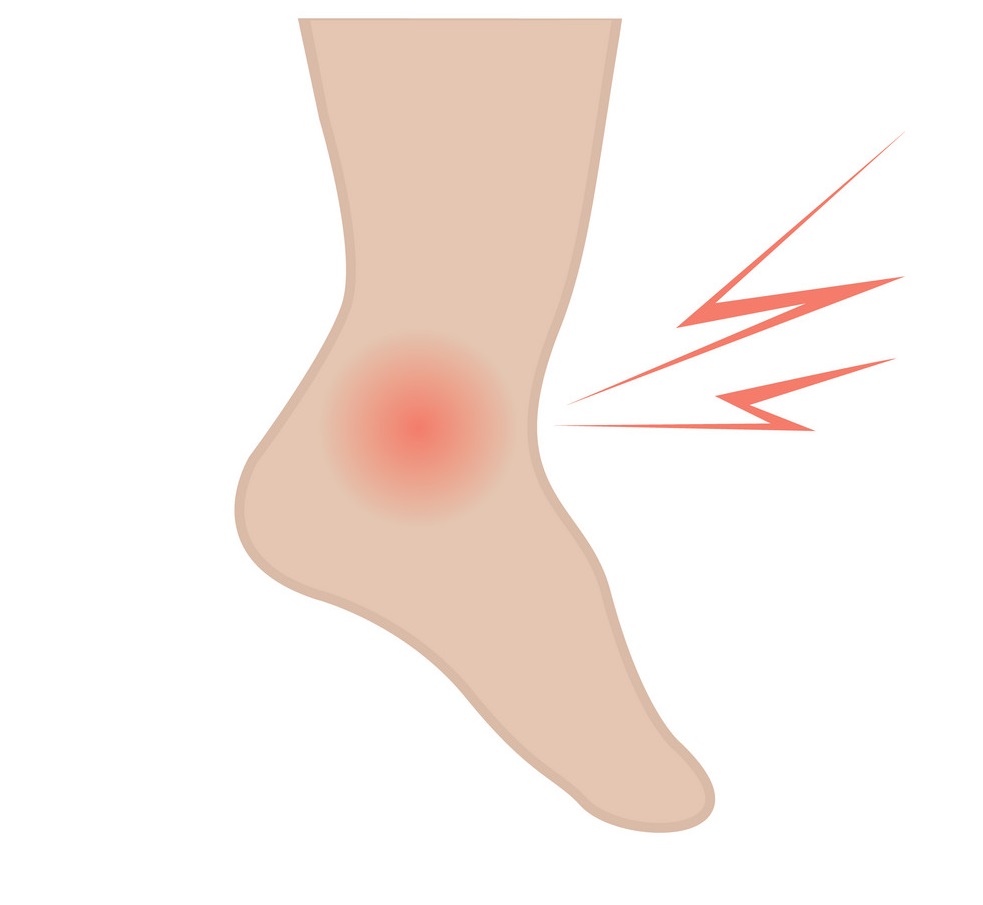9 Symptoms of Cervical Cancer Every Woman Should Know
1,969 viewsThere was a point of time when cervical cancer was the number one killer among women. Today, thanks to the Pap smear it has become simpler than ever to identify the onset of this dreaded disease.
There are hardly any noticeable symptoms of this disease in the early stages of its onset. It is only through routine Pap screening that one can identify abnormal cells in the cervix. This is crucial in order to monitor and treat the disease during the early days.
In the ideal case scenario, women should go for regular Pap tests from age 21.
There are, however, symptoms that present themselves as the disease progresses. These should never be ignored. These symptoms include:
-
Abnormal Bleeding from the Vagina

This is widely considered to be one of the most common symptoms of cervical cancer. If you find yourself bleeding between your periods, after sex or after menopause, it should definitely ring some alarm bells in your head.
Doctors often consider this to be an advanced symptom of cervical cancer. This is so because it essentially means that the tumor on the cervix has spread to affect nearby tissue. If you find yourself bleeding far more than usual get on the phone with your gynaecologist immediately.
-
Heavy Periods

While it may not be a reason to be alarmed to have your period last a day more than usual. There are, however, considerations that you need to have in mind.
If you find your period lasting for a week or two, and if the discharge is darker than usual, it may be a wise idea to consult your gynaecologist. Always err on the side of caution.
If you find something odd with your cycle, and if it lasts for two cycles, it is always a good idea to consult your doctor. Do not leave it for later or wait for things to go back to normal.
-
Unusual Discharge

While vaginal discharge is completely normal, it is always a sign of a deeper issue when the type of discharge changes alarmingly. With cervical cancer, the discharge could become foul-smelling and pink, or even brown and bloody.
It could also have chunks of tissue which is referred to as necrotic tissue in medical terms. The masses and tumours caused by cervical cancer often secrete fluid and this can add to the usual discharge a woman faces.
If you find your discharge changing drastically it could be time to get a consultation about what is happening to you.
-
Increased Fatigue

There are some symptoms of cervical cancer that do not metamorphose until at a late stage of the disease. There is, however, one stage that cervical cancer shares with all other types of cancers.
That is fatigue. Because of the increased bleeding caused by cervical cancer, it can drastically lower your red blood cell count. This in turn leads to feeling more fatigued every day because your body is not getting the oxygen it needs, a job delegated to your red blood cells.
If you are dealing with chronic fatigue that cannot be explained through any other means, it is most likely that your doctor will check you for cervical cancer.
-
Constant Nausea

While the feeling of repeated nausea can often be dismissed as indigestion, it is often a sign of cancer, which includes cervical cancer.
This is often the case because as cervical cancer progresses the cervix enlarges and causes a great deal of pressure on the abdominal cavity. This can hinder the body’s usual digestive process and often make one feel like they are about to vomit.
This can also cause acid reflux among patients. While nausea may have a number of causes it is always best to reach out to your primary care physician to help understand the root of the issue.
-
Bowel and Bladder Issues

While this is a rare symptom, it still presents in a fair number of patients, and it is always a good idea to be checked if it is a regular occurrence.
The symptoms could be as wide spread as urination or bowel movements accompanied with pain and even incontinence with regards to passing urine and stool. The enlarged cervix can put pressure on the bladder, the kidneys and the colon.
This pressure on rare occasions can block this area, making it difficult for patients to pass urine or stool comfortably.
-
Swelling of the Legs

Once again, a relatively rare symptom, swelling may occur because of the pressure exerted by the tumour.
This pressure can cause the lymph nodes or the veins to choke off the flow of fluids and blood in the vessels of the legs. This swelling may occur over the course of just a few days. Swelling can be explained through a number of reasons, but it is always wise to have a Pap smear done to be on the safer side.
-
Pelvic, Leg or Back Pain

One of the most tell-tale signs of cervical cancer, pelvic pain could be a major indicator of changes to the cervix.
Advanced cervical cancer can also spread to the bladder, intestines, the lungs and event he liver. This is when the pain in the legs and back can manifest because of the spread of cancer. This is usually the case with a highly advanced case because normally the cervix does not really affect a lot of nerves.
-
Marked Weight Loss

A notable byproduct of cancer induced nausea is the lack of interest in food. This can lead to a significant drop in weight because a compressed stomach can’t really hold a lot of food down. If you find yourself losing 5 to 10% of your body weight in a span of six months or less, it is time to reach out to your doctor.
The best way to deal with cancer, cervical or otherwise, is to have yourself regularly tested. The grand old adage that prevention is better than cure is almost tailor-made for cancer. At Regency Medical Centre we pride ourselves in having the best oncologists and gynaecologists to provide a high standard of care for our patients. If you find yourself facing any of the aforementioned symptoms or just want to be careful, make an appointment and we would be more than happy to help you.

